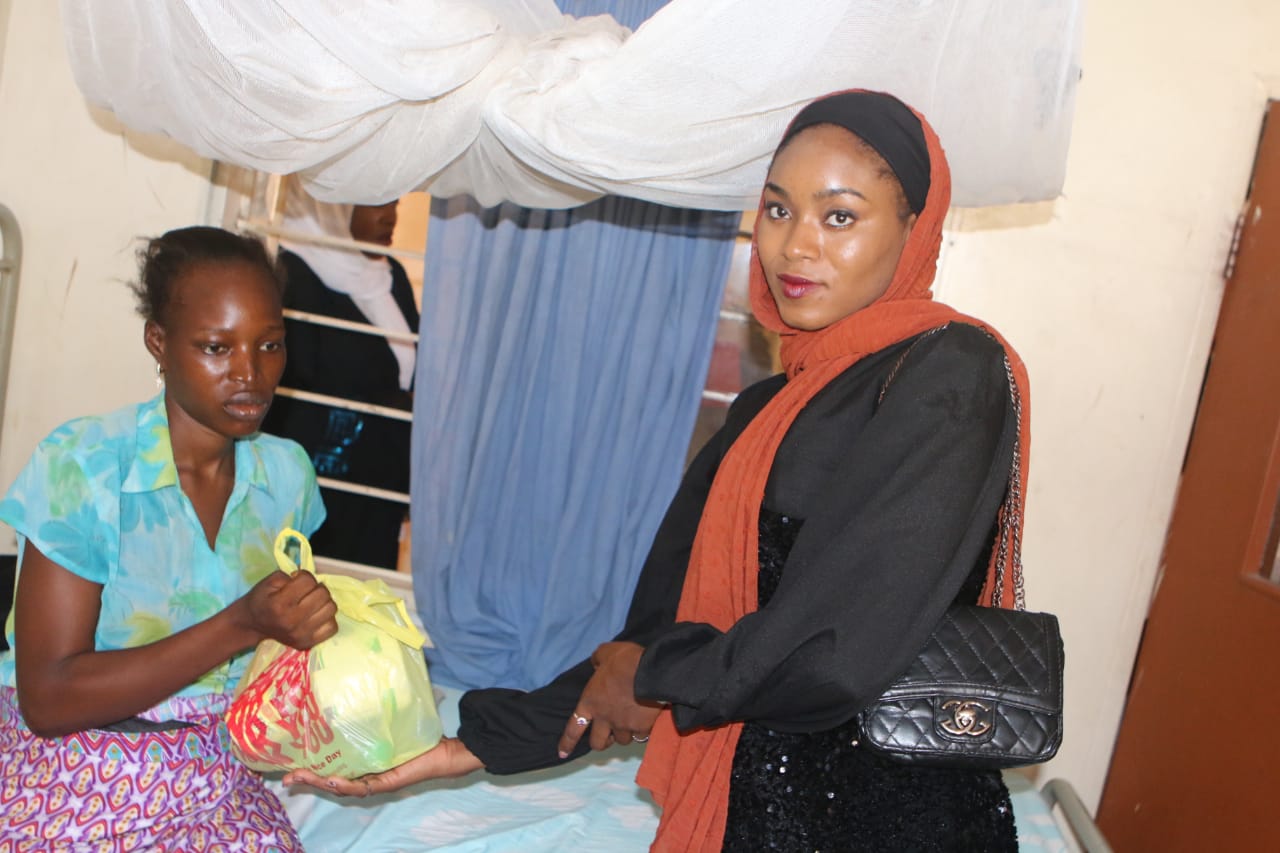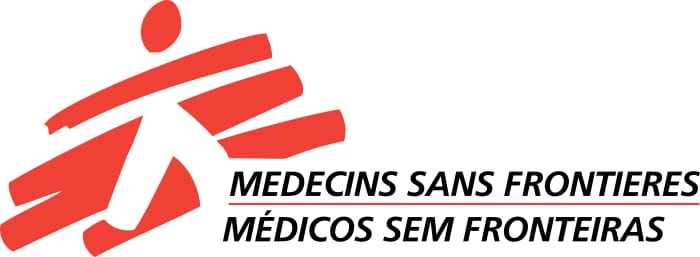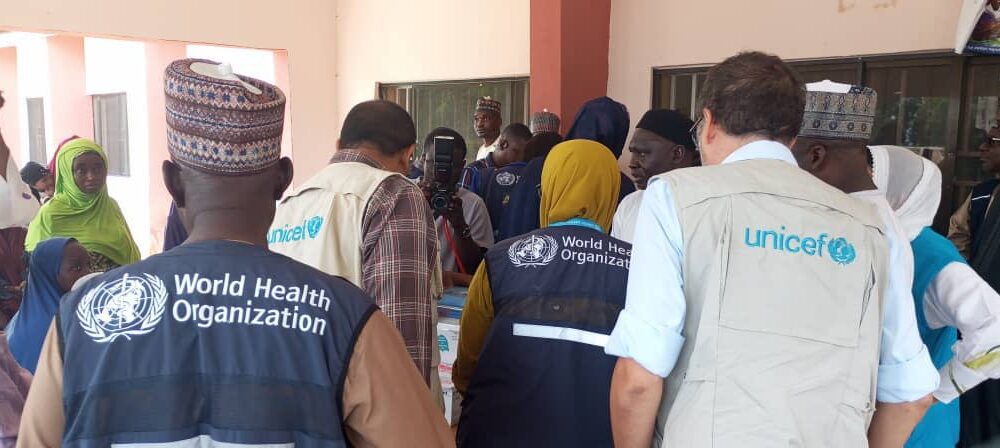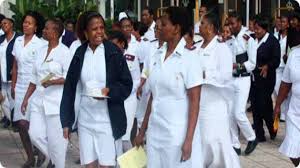***Calls for more sensitisation on Sickle Cell Anaemia
The winner of the Face of Epic Africa Beauty Pageant 2021, Ms Rafat Isah has called for increase in the awareness campaign and health talks in the fight against sickle cell anemia for intending couples.
She also canvassed for government and private organisations to up the ante in their efforts at tackling and improving the health statuses of patients living with the disease.

She spoke at the weekend during a visit to Uke General hospital in Nasarawa State where she distributed food items to patients.
She said her visit to the hospital was part of the activities lined up towards the achievement of her pet project tittled, ‘Eradication of Sickle Cell Anaemia’ aimed at creating awareness campaign on the ailment for intending couples irrespective of their religious affiliation.
She said the project would help her to develop problem solving skills on the subject matter and give back to the society.
The beauty pageant advised the general public particularly intending couples to know their genotype by getting tested for prevention and early detection, especially among intending couples before marriage.
She condemned the discrimination by the public and employers against those diagnosed with sickle cell anemia describing the action as absurd and unacceptable.
According to her “I am Rafat Isah the face of Epic Africa 2021 working on the project titled “Eradication of Sickle Cell Anaemia.” We can come together and eradicate the scourge of Sickle Cell in Nigeria.
“All we need to do is to create much needed awareness for intending couples to take necessary precaution and avoid marrying partners with genotype that is not compatible.with theirs
“For example partners with the following genotypes are not compatible hence they are not expected to get married; AS + AS, AS + SS, SS + SS and AC + SS.
“We should make sure we know our genotype before going into marriage.
“I am here to impact on the life of patients that are receiving treatment in this hospital with the little I have to support them and wish them quick recovery.
She said the next phase of the project would involve free genotype test and awareness campaign in public places .
Also speaking at the event the Yakanajen Uke, HRH. Alh. Dr. Ahmad Abdullahi Hassan ( Koba )
commended the kind gesture and show of love exhibited by queen Rafat saying that his late son had been advocating for such project and awareness campaign among the youths who are of marriageable age to avoid making such grave mistakes.
Also present at was the Sarkin Arewa Students West, HRH Amb. Jodah Makinta who played a prominent role and supported the beauty queen in making the event come to fruition.
Some of the items distributed to the patients at male and female wards includes; foods, tissue paper, detergents, table water, soft drinks, Dettol and others.
On her own part the Manager of Epic Africa Beauty Pageant, Queen Enegold Onuh said the pageant has her eye on promoting African girl child and young girls in order to inculcate African culture and tradition in them.
According to her “Face of Epic Africa beauty pageant is an African pageant. We came to promote the young African girl child positively. To inculcate the Africa culture and tradition in our young girls.
“We brought this up because we want to enlighten them on how to become independent without deviating from the true Africa nature for girl child.
“It is like a regular beauty pageant. We are unique in our own way in the sense that we take our time to camp our contestants for ten days. We give them that training to be able to stand out and look differently when they go out to meet with other queens.
“The criteria used in judging is a fair one. Before coming to camp, all you need to do is to get your form . We have pre- camp activities. We give them task to achieve before coming to camp on how to write their pet project” .



